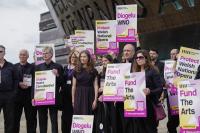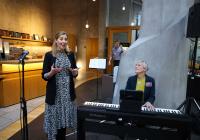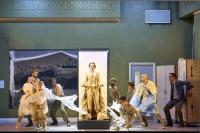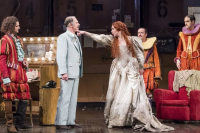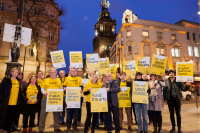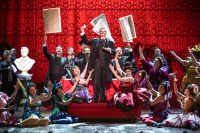Several arts leaders representing Arts Council England (ACE) National Portfolio Organisations have faced criticism after The Guardian revealed they hold membership to the exclusive, all-male Garrick Club.
Alex Beard, the Chief Executive of the Royal Opera House, which receives ACE’s largest individual investment of over £22m per year, has been named a member, as has the Chair at English National Opera, Harry Brünjes, the Artistic Director of the Wigmore Hall, John Gilhooly, and the Chief Conductor of the London Symphony Orchestra, Antonio Pappano.
A spokesperson for Her Ensemble, an organisation that campaigns for equality in classical music, said the presence of many leading figures on the membership list “ultimately undermines a lot of the progress that the industry is making and encourages inequality.”
In a statement to The Guardian, ACE said, “Personal memberships of this kind are a matter for the individuals concerned”.
ACE added that as a distributor of public money, “we make clear that we expect our investment to support cultural experiences and job opportunities to be available for everyone in England, irrespective of where they live, their background or how much money they have in their pocket”.
Jude Kelly, former Artistic Director of Southbank Centre and founder of the Women of the World Foundation, said senior figures in the arts should resign their membership.
“It behoves people who are leaders in the arts to not frequent it any longer. I don’t understand why anybody would think that it’s still OK to join a men-only members’ club,” she said.
The club, founded in 1831 as a meeting place for actors, previously held a formal vote on admitting women in 2015, with 50.5% supporting a rule change, failing to meet the required two-thirds majority.
Garrick club members, including leading lawyers, the head of the civil service and King Charles, are expected to vote on the matter again in June.






